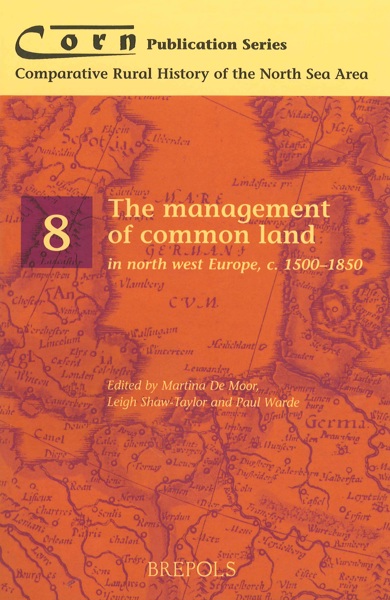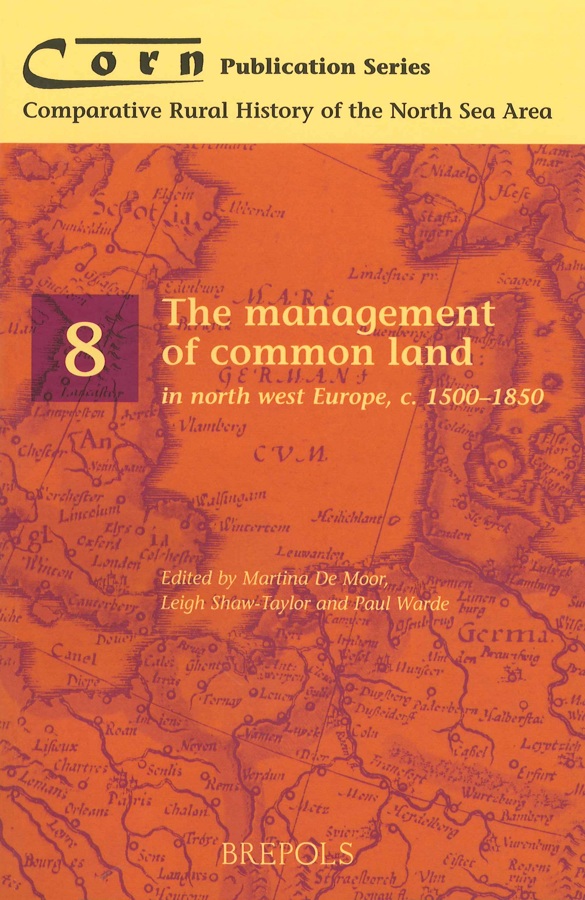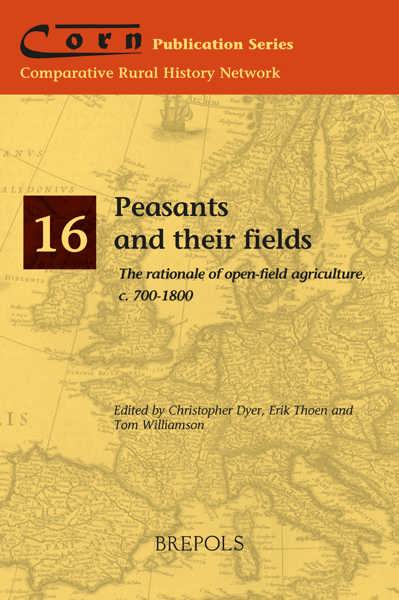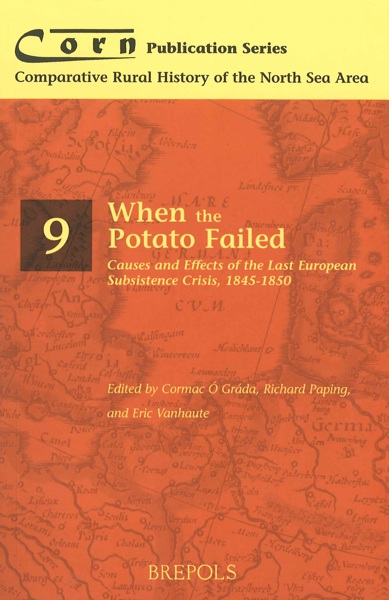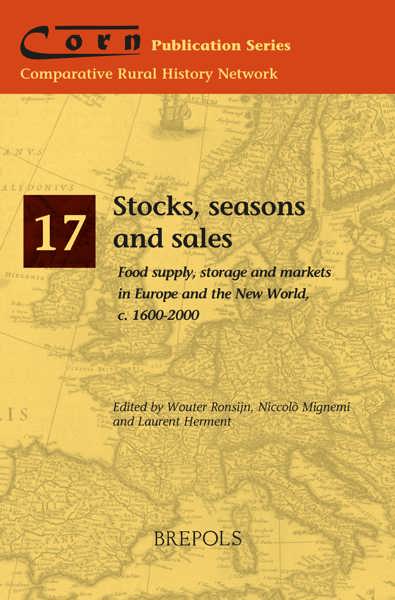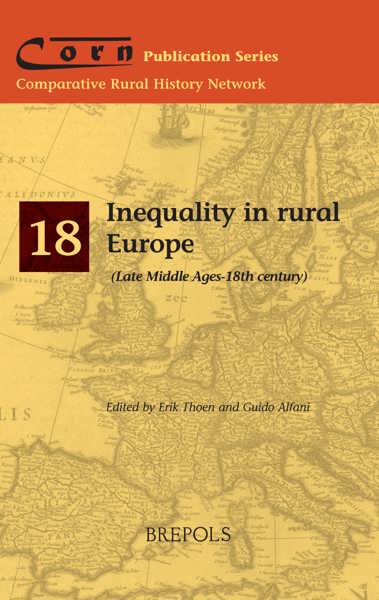
The management of common land in north west Europe, c. 1500-1850
M. De Moor, P. Warde, L. Shaw-Taylor (eds)
- Pages: 264 p.
- Size:156 x 234 mm
- Language(s):English
- Publication Year:2002
- € 60,00 EXCL. VAT RETAIL PRICE
- ISBN: 978-2-503-51273-0
- Paperback
- Out of Print
- € 60,00 EXCL. VAT RETAIL PRICE
- ISBN: 978-2-503-55771-7
- E-book
- Available
This publication seeks to assess in a comparative framework the long-term management of the common lands - collectively managed resources such as pasture and wood which were central to the agrarian economy - and the relative success of strategies in providing the resources sought by the rural population.
"This is a welcome reinvestigation of the role of commons in the wider rural economies of which they were such an important part." (Michael Turner, Economic History Review, 2003, LVI, 3, 582-583).
"(...) we now have a most interesting comparative study that combines the systematic approach of the social sciences with up-to-date historiographies of commons in a large part of Europe, giving rise to new questions and research perspectives." (Petra J. E. M. van Dam, Environmental History 9, October 2004, 743-745)
"This is an exciting book by seven historians familiar with the history of Europe from the fifteenth to the middle of the nineteenth century." (E. Ostrom in The Agricultural History Review, vol 51, Part II, 2003, p.242)
"Der Band durch die vergleichenden Studien mit mikrohistorischer Vertiefung neuer und anregender Ergebnisse bietet."(Cerman-Stefanova, Dana, in : Sehepunkte 04, 2004)
"Der Sammelband zeichnet sich durch eine klare inhaltliche Struktur aus und richtet sich nicht nur an Experten und Expertinnen in diesem Forschungsfeld." (Cerman-Stefanova, Dana, in : Sehepunkte 04, 2004)
"Es más, a mi juicio nos hallamos ante un libro modélico en lo que se refiere a las precauciones y exigensias que deberían adoptar quienes se enfrenten a la tarea de editar si su intención última es facilitar la comparación y no meramente coleccionar curiosidades." (Berasain, José Miguel Lana, in : Historia Agraria 38, 2006, p. 174)
Until the 19th century very large areas of Western Europe were subject to some degree to common rights, where individual users collectively managed resources such as pasture and wood which were central to the agrarian economy. Much scholarship has focused on the dissolution of these rights and the effects of the enclosure of common land on society and agricultural productivity. In contrast, this volume seeks to assess in a comparative framework the long-term management of the common lands and the relative success of strategies in providing the resources sought by the rural population. Chapters covering northern and southern England, France, the Netherlands, Flanders, Sweden and northern and southern Germany examine the institutional and legal framework of commoning, the resources available and their value, the sustainability of practices, and policies of inclusion and exclusion among the group of commoners. Building on the theoretical insights of recent works on commonly managed resources, this volume, the result of an international collaboration in the CORN network, provides a series of detailed historical studies and is the first major work to address this central aspect of the agrarian economy in a comparative European context.
